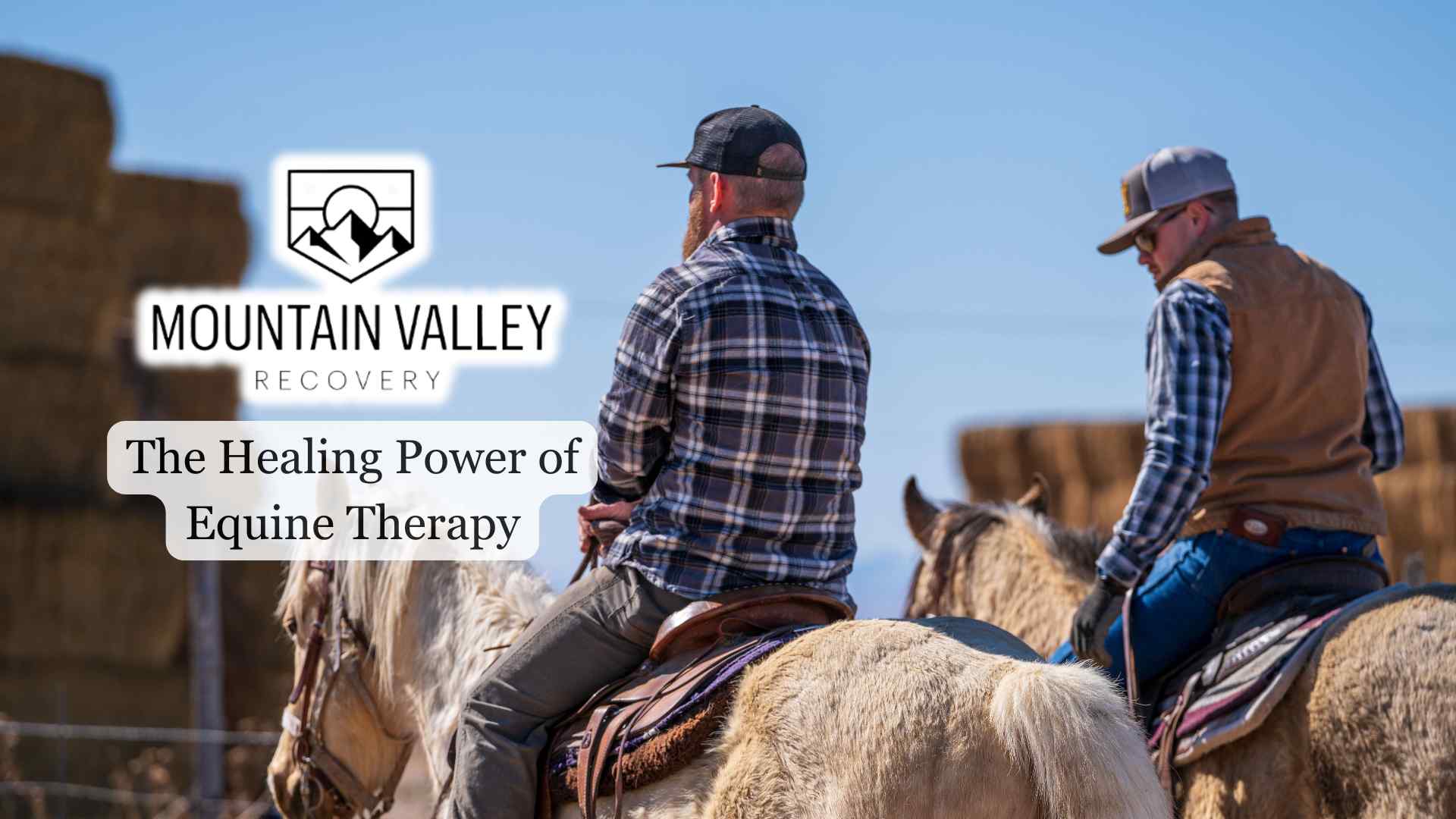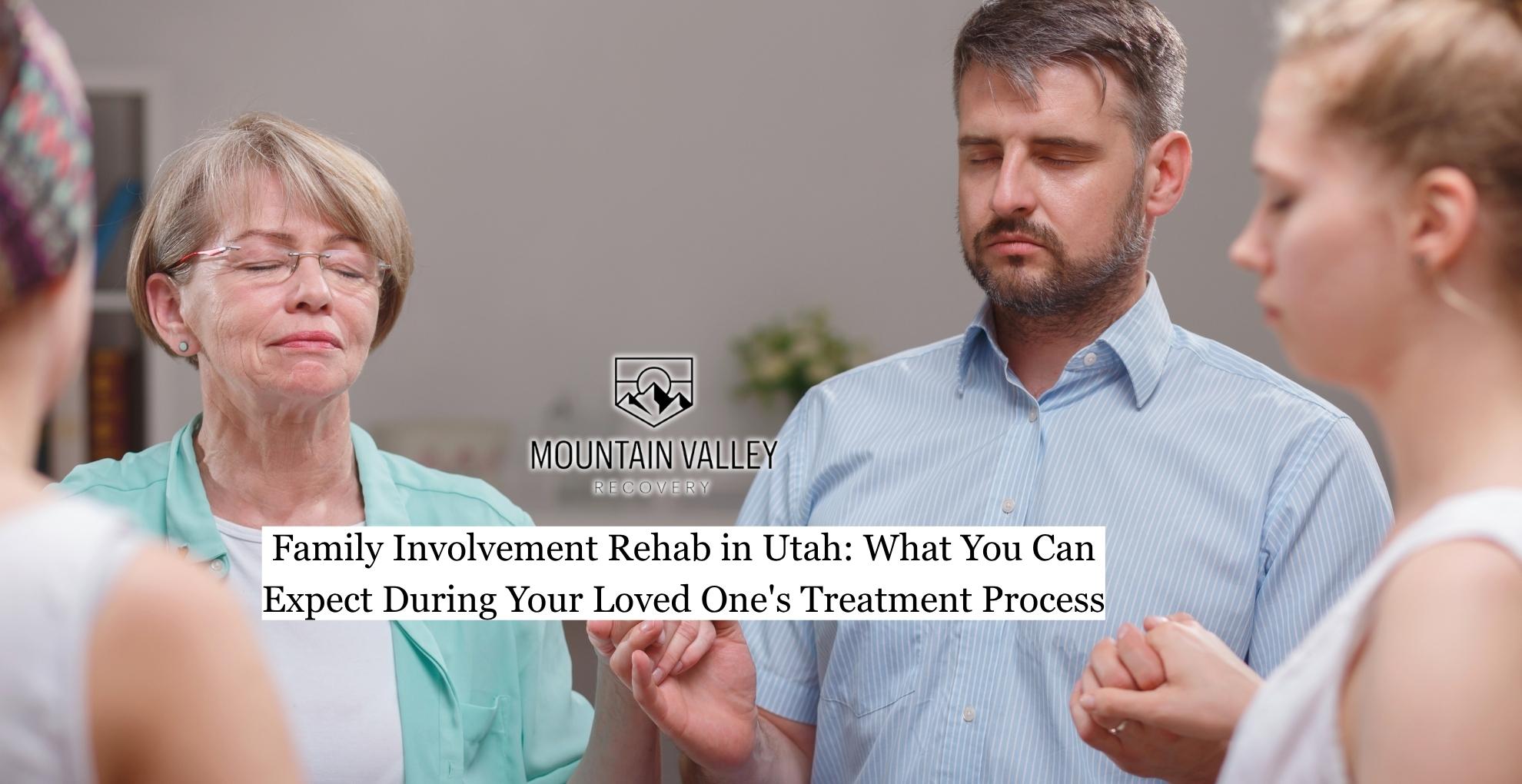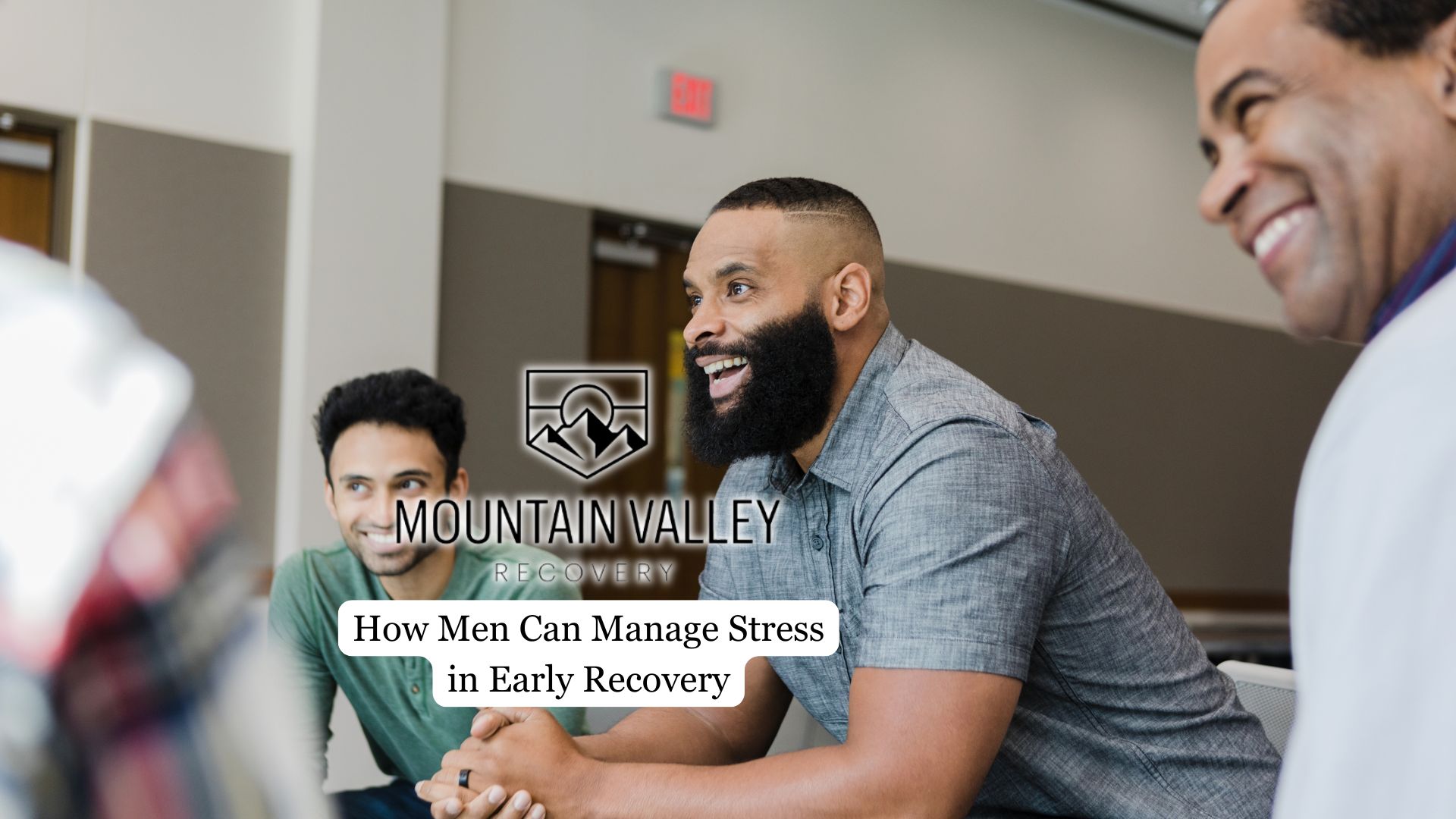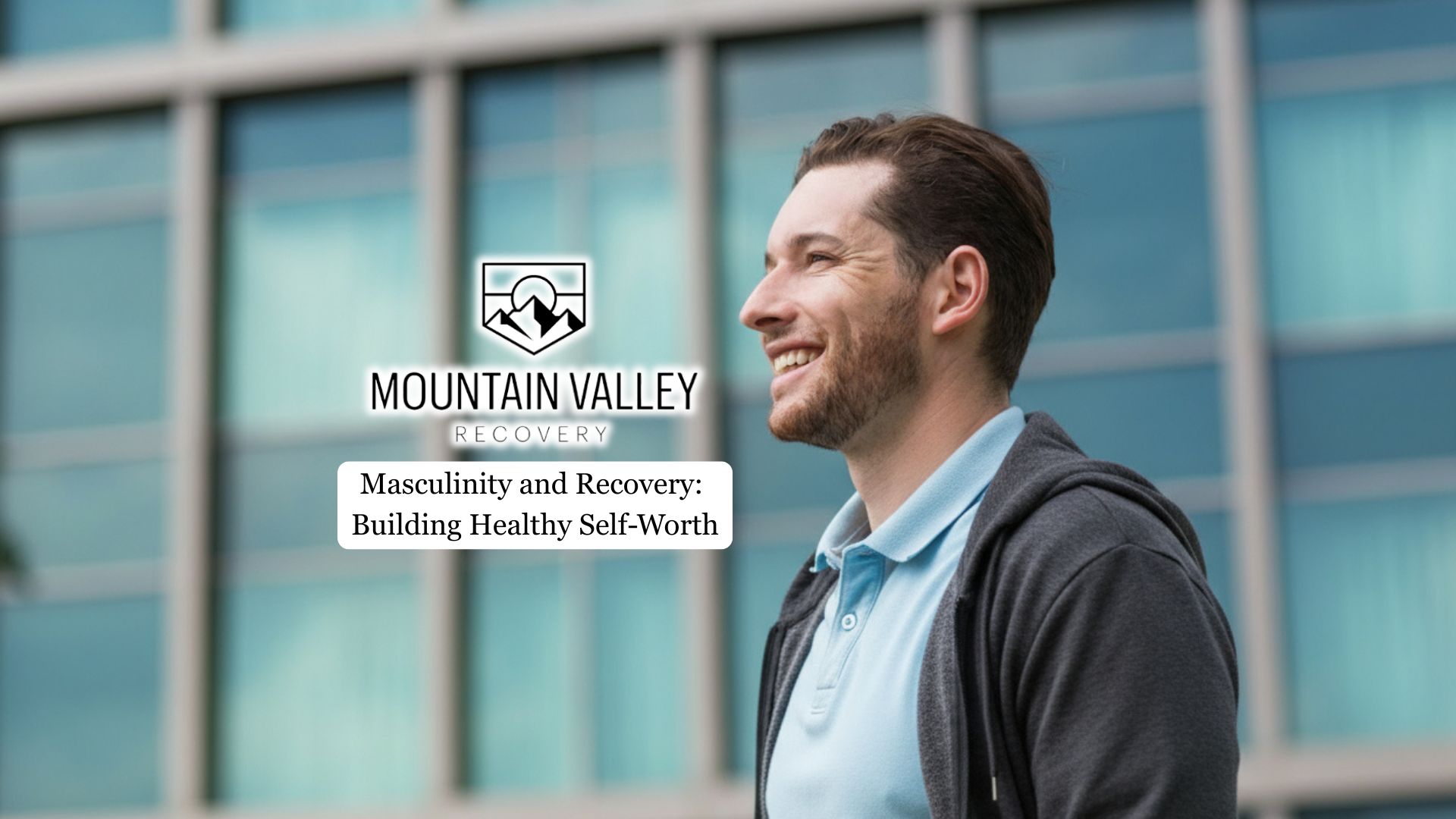As addiction persists in impacting the lives of countless individuals, the incorporation of equine therapy into recovery programs offers a comprehensive approach to healing that tackles both the psychological and emotional aspects of substance abuse disorders.
This article will explore the multitude of advantages that equine therapy provides in the context of addiction recovery, emphasizing its capacity to promote enduring transformation and aid individuals in their journey towards well-being.
Understanding Equine Therapy
Equine therapy, also known as equine-assisted therapy, is an innovative therapeutic approach that harnesses the unique bond between humans and horses to promote healing and recovery, particularly for individuals struggling with addiction.
This experiential form of therapy involves various activities such as grooming, feeding, leading, and riding horses, all conducted under the guidance of trained professionals. The primary goal is to foster a relationship with the horse that can enhance self-awareness, emotional regulation, and interpersonal skills.
If you or someone you care about is thinking about seeking treatment for addiction, adding equine therapy to the recovery plan could be a decision that transforms their life.
Psychological Benefits
As you engage with these majestic creatures, you’ll find yourself developing heightened self-awareness and emotional regulation skills.
The horses’ nonjudgmental presence creates a safe space for processing vulnerable emotions, which is crucial in the recovery journey. Through equine therapy, you’ll cultivate trust and empathy, not only with the horses but also within yourself and your relationships. This newfound sense of connection and understanding can significantly boost your self-efficacy and motivation to continue treatment.
The trust-building process between you and the horse is an essential aspect of addiction recovery, as it helps you identify and address dysfunctional behavior patterns that contribute to substance use.
As a plus, the therapeutic bond formed with the horses can help reduce anxiety and stress levels, promoting better mental health outcomes.

Social Benefits
Through interactions with sensitive horses that mirror human emotions, you’ll develop essential social skills, such as emotional recognition and nonverbal communication. Caring for horses requires patience and attention to their needs, improving your ability to process sensory information and nonverbal cues, which ultimately translates to better social interactions.
Group discussions following equine therapy sessions encourage sharing experiences and insights, fostering a sense of community and connection among participants. The nonjudgmental nature of horses provides a safe environment for you to express yourself, reducing social anxiety and boosting self-confidence in social settings.
Participating in equine therapy can lead to improved interpersonal relationships as you learn to recognize your emotional changes and communicate effectively, which is crucial for sustaining recovery.
Physical Benefits
Engaging in horse care activities promotes physical activity, which can boost your cardiovascular health and reduce stress levels through the release of endorphins.
Grooming and leading horses enhance your fine motor skills and coordination, contributing to overall physical fitness and agility. You’ll experience improvements in muscle tone and strength due to the physical demands of handling and caring for these majestic animals.
Interacting with horses has been shown to lower blood pressure and cholesterol levels, further supporting your physical well-being as you navigate the path to recovery. The soothing nature of equine therapy promotes relaxation, helping to reduce physical symptoms of anxiety and aiding in your overall physical and mental health.
Final Thoughts from Mountain Valley Recovery
Equine therapy offers a profound and enriching path to addiction recovery, particularly within the supportive environment of a men’s-only rehab like Mountain Valley Recovery. This distinctive therapeutic approach not only nurtures emotional healing and self-discovery but also cultivates essential life skills, such as trust, responsibility, and communication. By incorporating equine therapy into our comprehensive treatment programs, we can address the diverse needs of our clients while fostering a sense of community and connection.





